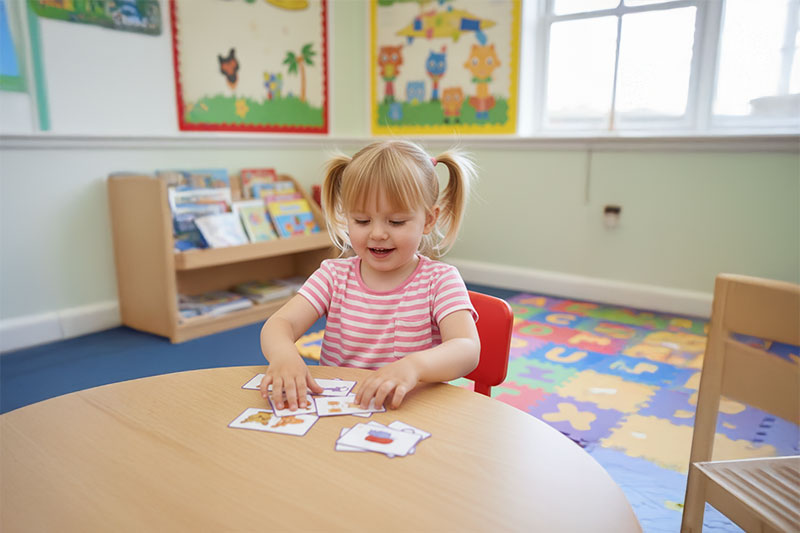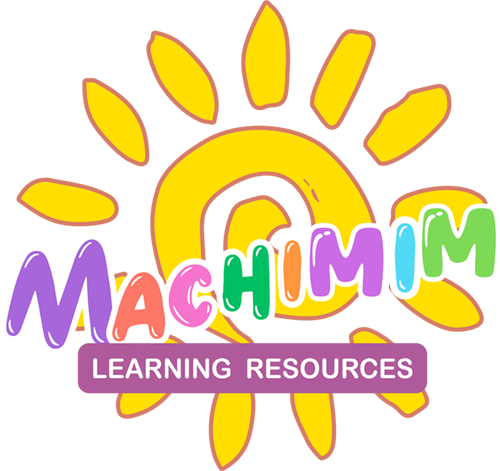
The Power of Play-Based Learning: Helping Children Learn Through Experience
Share
In early childhood, play is not just fun — it’s how children make sense of the world. Every block they stack, every color they match, and every puzzle they solve builds the foundation for future learning.
Play-based learning transforms classrooms into spaces where curiosity leads the way. Rather than memorizing facts, children explore, experiment, and create connections that last a lifetime.
Why Play Matters in Early Education
When children play, their brains are in full gear. They practice communication, problem-solving, self-control, and emotional awareness — all without realizing they’re learning.
Research shows that children who learn through play:
Develop stronger social and emotional skills.
Show higher creativity and problem-solving abilities.
Build better memory and attention spans.
Feel more confident and engaged in class.
Play turns ordinary moments into powerful lessons.
How Teachers Can Integrate Play-Based Learning
Creating a play-based classroom doesn’t mean giving up structure. It means guiding exploration with purpose. Here are a few strategies teachers can use:
1. Design learning stations. Organize your classroom into themed areas — colors, animals, shapes, numbers — where children rotate and explore at their own pace.
2. Encourage open-ended activities. Use materials that allow children to invent and imagine rather than complete a single “correct” task.
3. Blend play with academic goals. For example, sorting animal figures can reinforce counting, patterns, and classification.
4. Ask guiding questions. Instead of giving answers, prompt students with questions like, “What do you think will happen if we try this?”
5. Observe and adapt. Watch how children interact — their choices reveal what skills they’re ready to strengthen next.
Play Builds Core Learning Skills

The best part about play-based learning is how it naturally strengthens the very skills young children need most:
Motor skills: Cutting, tracing, stacking, and matching refine coordination and control.
Cognitive skills: Sorting, sequencing, and comparing build logic and memory.
Language skills: Storytelling and role play improve vocabulary and communication.
Social skills: Cooperative games teach empathy, patience, and teamwork.
Creativity: Open-ended activities encourage imagination and independent thinking.
Every playful activity supports long-term growth — cognitively, emotionally, and socially.
How Machimim Supports Play-Based Learning
At Machimim Learning Resources, we believe that play is the heart of education. That’s why every learning kit we design encourages children to touch, explore, and interact with real materials.
Our educational kits help teachers bring play-based learning to life — combining structure with creativity so lessons stay both fun and effective. Each resource invites children to explore ideas hands-on, helping them build confidence while developing essential early skills.
Whether in the classroom or at home, Machimim makes play a purposeful, joyful part of every learning journey.
Final Thoughts
Play-based learning is more than a trend — it’s a proven approach to building stronger, happier learners. When children learn through play, they develop not only academic knowledge but also the social and emotional tools that shape lifelong success.
For teachers and parents looking to make learning more meaningful, Machimim Learning Kits provide the perfect balance of structure, creativity, and play.
👉 Explore our resources today at machimim.com and bring the joy of learning through play into every lesson.
